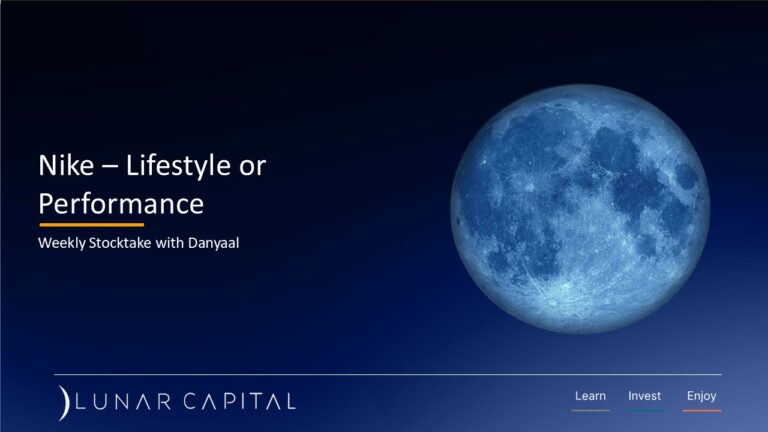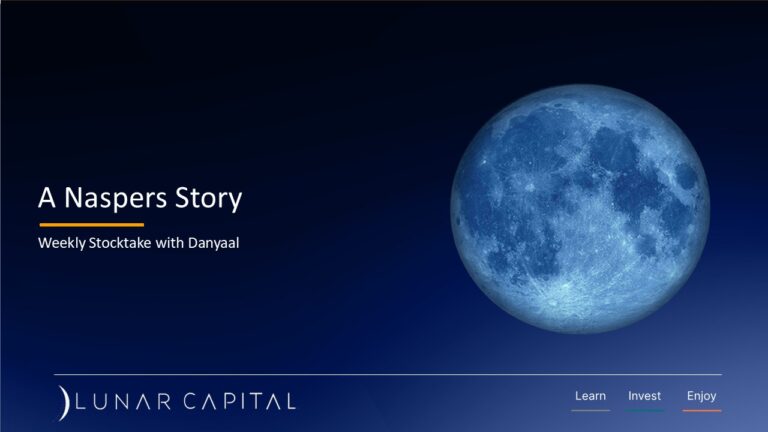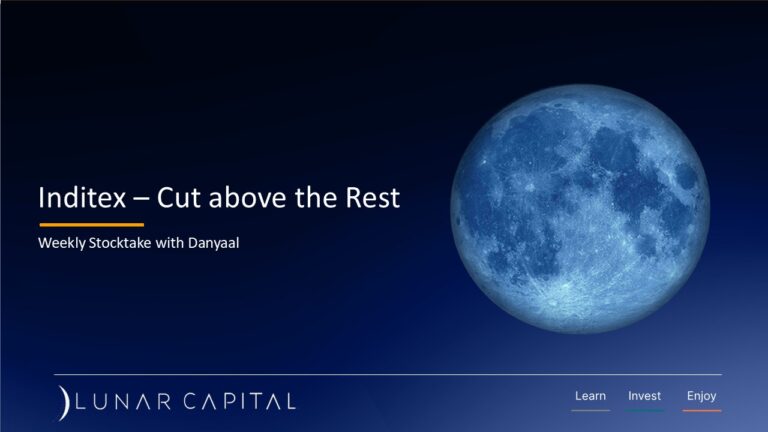Companies striving for growth in a sluggish economy face formidable challenges when trying to grow, particularly those operating as supermarket retailers with an already large presence in the country. Another way for expansion involves gaining market share from competitors, a strategy used by Shoprite, South Africa’s largest supermarket retailer. Shoprite’s strength comes from the some of the following attributes:
- They boast an established portfolio of brands, each uniquely tailored to appeal to distinct customer segments. The Usave, Shoprite, and Checkers brands cater to specific markets based on customer income levels and range of products sold.
- Shoprite employs a centralized distribution model, leveraging large distribution centers around the country. This strategic approach enables them to maintain high stock levels in their stores while simultaneously managing costs. Their stores will also hold products with similar levels of quality.
- Shoprite distinguishes itself by predominantly owning and controlling its stores, in contrast to competitors like Pick ‘n Pay and Spar, which have a higher reliance on franchise outlets. This ownership structure allows Shoprite to swiftly implement business changes and ensures a superior level of consistency compared to its competitors.
- Shoprite also employs AI to do its purchasing from its suppliers. Shoprite had a 98% in-stock levels for the period. Shoprite are able to maintain a high in-stock levels, while still keeping their prices low, partially because of this.
Last week, Shoprite released their H1 2024 results. Revenue for the business increased by 13.9% to reach R121.1bn for the period. Excluding the revenue growth attributable to the acquisition of Massmart stores, Shoprite’s supermarket segment grew by 11.2%. While Gross Profit increased by 14.7% to R28.6bn, representing a 23.6% gross margin. Trading profit for the period increased by 10.7% to R6.7bn.
One of the standout metrics was Checkers Sixty60. Its revenue has grown by more than 60%. The app is leading more customers to the Checkers brand, resulting in market share growth. Checkers also use their stores as mini distribution centers, which means they don’t have to build and create new distribution centers for the Sixty60 purpose. Pieter Englebrecht, the CEO, has said these are the reasons this segment in profitable.
The supermarket retail arena is fiercely competitive, with customers primarily prioritizing price and product availability. Supermarkets operate within a framework of relatively low gross and net margins, making them highly susceptible to shifts in costs. Their path to profitability predominantly hinges on scaling their business to achieve higher sales volumes while concurrently maintaining consistent operating costs.
Shoprite is held in the Lunar BCI Worldwide Flexible Fund.
Click here to access your account to view statements, obtain tax certificates, add or make changes to your investments.
Our email address is: [email protected]
Disclosures
Lunar Capital (Pty) Ltd is a registered Financial Services Provider. FSP (46567)
Read our full Disclosure statement: https://lunarcapital.co.za/disclosures/
Our Privacy Notice: https://lunarcapital.co.za/privacy-policy/
The Lunar BCI Worldwide Flexible Fund Fact Sheet can be read here.
This stocktake is prepared for the clients of Lunar Capital (Pty) Ltd. This stocktake does not constitute financial advice and is generated for information purposes only.





